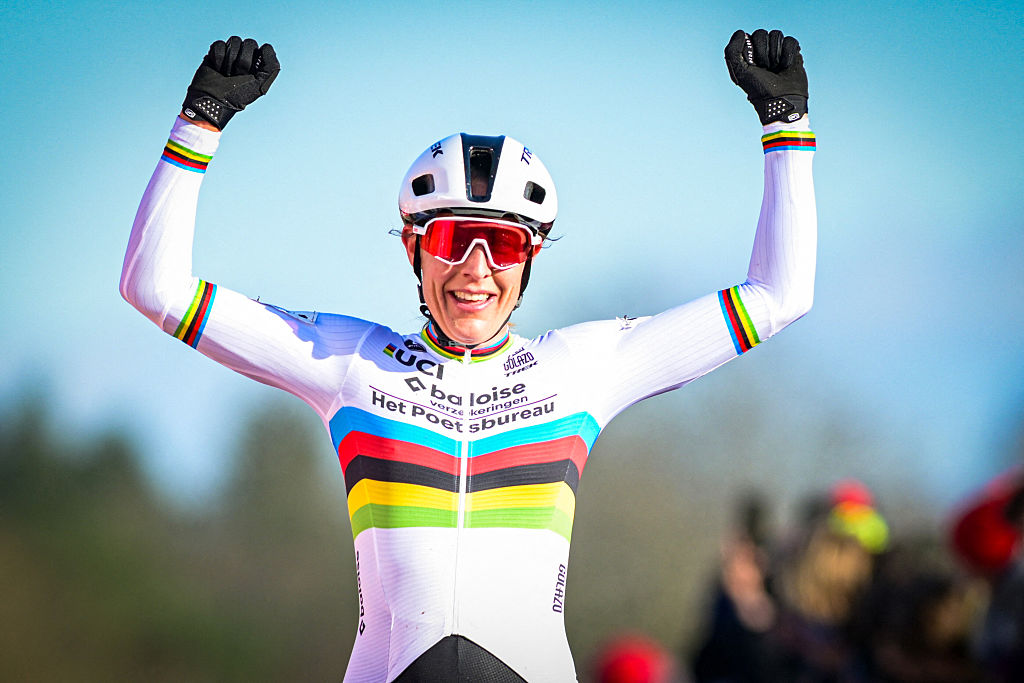Clarke takes confidence from Vuelta success into Tour de France debut
Mental strength at a new level in 2013, says Orica GreenEdge opportunist
The latest race content, interviews, features, reviews and expert buying guides, direct to your inbox!
You are now subscribed
Your newsletter sign-up was successful
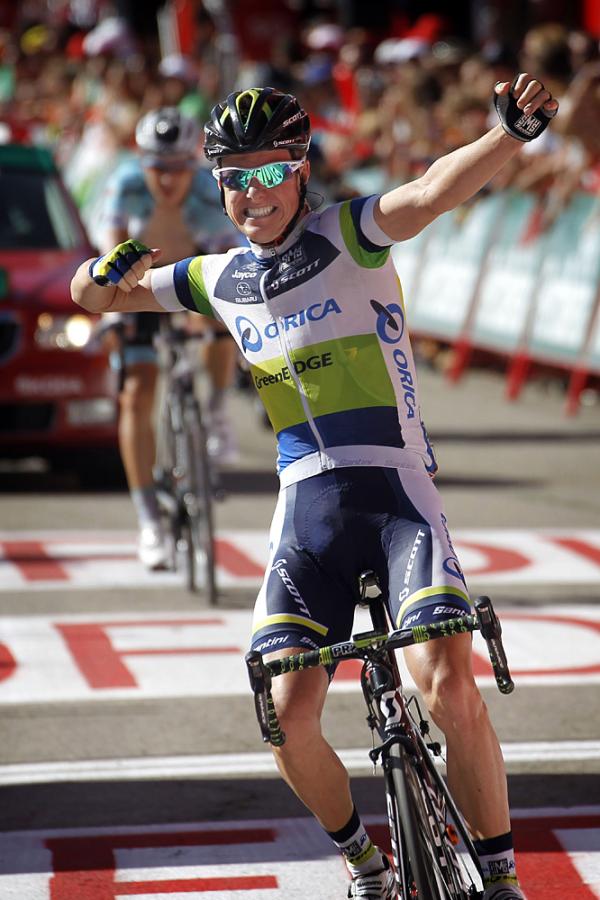
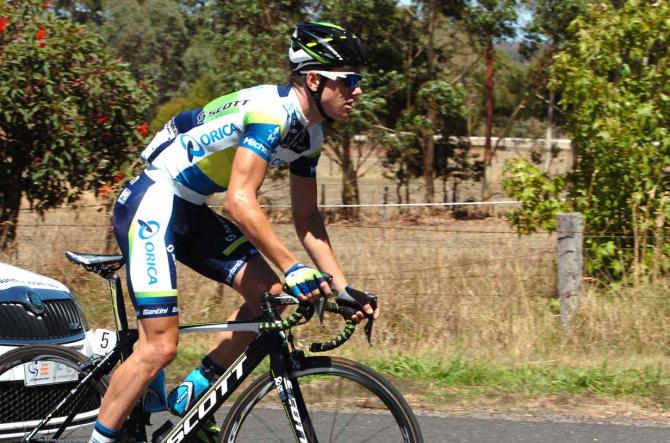
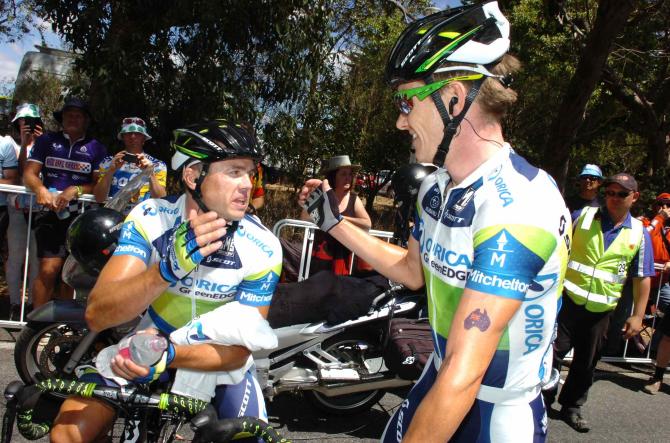
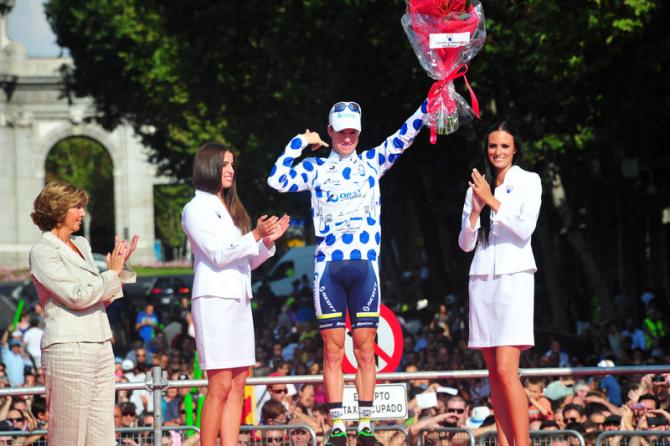
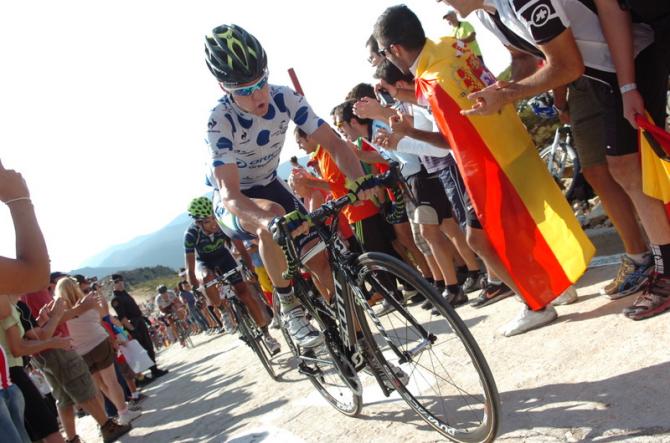
Simon Clarke (Orica GreenEdge) is set to make his Tour de France debut this weekend, the first grand tour the Australian has ridden since his mountains classification victory at the Vuelta a España in 2012.
For Clarke, riding the Tour always seemed to be on the cards but a short-term racing calendar has been his reality.
"I know my program well enough in advance," Clarke told Cyclingnews during a lengthy interview in April. "To be prepared for a race you need six weeks and I get my program six weeks in advance. So it's not a help, benefit or discomfort knowing your program three months in advance because there's nothing you can do about it.
"I've only done one grand tour so far so to do that again, that would be awesome," he grinned at the suggestion of riding the Tour de France. "I had a great time there [at the Vuelta]."
In announcing Clarke's Tour de France berth, Orica GreenEdge sports director Matt White said that the 26 year-old had laid the foundations with his performance in Spain and would be charged with an opportunistic role in the nine-man squad from June 29.
"In addition to capitalizing on personal opportunities in the medium mountain stages, Simon is a fantastic teammate who can do whatever sort of work we might need on days that are better suited to another rider on the team," White explained.
Taking chances
The latest race content, interviews, features, reviews and expert buying guides, direct to your inbox!
While climbing his way into the polka dot jersey at the Vuelta was very much a case of realising that an opportunity was there for the taking, off the back of his stage victory on Stage 4. A solid pre-race preparation meant that Clarke knew he would be in with a shot for a stage win, but he still never expected it. Sure, there was luck involved when it came to retaining the jersey but at the same time when the Vuelta reached the pointy end, Clarke left nothing to chance.
Holding a two-point margin over his rivals for the polka dot jersey heading into la Vuelta's penultimate stage, 170.7km from La Faisanera to Bola del Mundo where points would be up for grabs in the classification for the final time. Clarke made it into the 20-man breakaway and went on the attack, earning himself the prize for the stage's most combative rider. The stars aligned for Clarke and he took maximum points on the first three climbs to wrap up the competition but at the same time, he knew that Joaquim Rodriguez (Katusha) would collect points at the finish.
"Once that [stage win] happened, automatically I had a level of tranquillity that I'd already succeeded in my goal for winning a stage in a grand tour after four days," Clarke told Cyclingnews. "Even if I went home after day five I still would have been happy with my grand tour. When you can race with a clear mind and a relaxed mind, actually a lot of the time you perform better.
"At the end of the day to win a jersey, I don't know the exact averages, but you have to be in at least four of five breakaways in a grand tour and that's a lot of hard days. Not only do you have to be in them but you have to be over the top of the hill first in virtually all of them."
Clarke's approach to his Vuelta adventure illustrated much about the type of rider he is. On first look, there is that sense of opportunism but in actual fact, there is a careful calculation to his actions and the perfect example of that can be found back in 2009 at the UCI Road World Championships. In Mendrisio, Clarke was charged with the job of protecting eventual winner and roommate, Cadel Evans and not once took a backward step, continually fighting for his team leader.
"When I'm in a situation where I know I can learn and benefit from that myself… I suppose cycling's a pretty selfish sport," Clarke explained. "In a way I was helping Cadel but I was also helping myself. You can't get much more of a better experience, apart from winning, than helping the guy who does win. The experience I got out of that and how he went about the race that day, the things that he did, was a real insight in how to race seven-hour bike races which is a pretty hard thing to do. Experiences like that are second to none."
That experience solidified the pair's friendship and they live not far from each other near the Swiss-Italian border. While within Orica GreenEdge Clarke follows the movements of Simon Gerrans closely on the bike, it's the actions of Australia's first winner of the Tour de France, Evans, that Clarke monitors.
"It's not like I grill him, I just absorb," he said. "Just being around guys like that you don't need to ask questions. You just look at what they do or when you race with them you're watching what they're doing. You can't hide what you have to do to go well in a race like that so as long as you pay attention and learn from it you can really benefit from that.
"He's got amazing discipline," Clarke said of Evans. "To an extent, a level of selfishness that you need to prepare yourself to get to that next level and not let anything distract you. His training ethic is just unbelievable."
The build up to the Tour
With Clarke's success at the Vuelta, came his own realisation that he could be successful at a WorldTour level. It was not that he had doubted himself previously, but it was more that Clarke finally had something tangible to cling to on his palmares. 2013 became about taking his racing to a whole new level.
"In terms of my racing goals, nothing's really changed, the aspirations in particular races are elevated," Clarke admitted. "As far as I'm concerned, it's still a big learning curve for me in the really big races. Learning the roads and the climbs and getting that experience to one day be competitive."
There's been plenty of time away from home, training at altitude both in Australia and also Tenerife in the build up to his start in the 100th Tour de France. There's also been a hefty race schedule that's so far included the Tour Down Under, Paris-Nice, Vuelta al Pais Vasco, the Ardennes Classics, Bayern-Rundfahrt and then the Critérium du Dauphiné.
"When you race pro for however many years and you come close to winning races but you just never win you just... it leaves that question – are you good enough?" Clarke explained. "Finally when it happens you realise that you are and it's not an issue. You just train to win as opposed to just training to maybe have a chance of winning. It takes your mental strength to a new level, where you're able to, I suppose be more quietly confident that if you do the preparation like I did leading into the Vuelta where I know that if I get to a situation like that again I can win. To go into the races this year knowing that gives you a bit of extra confidence."
As a sports journalist and producer since 1997, Jane has covered Olympic and Commonwealth Games, rugby league, motorsport, cricket, surfing, triathlon, rugby union, and golf for print, radio, television and online. However her enduring passion has been cycling.
Jane is a former Australian Editor of Cyclingnews from 2011 to 2013 and continues to freelance within the cycling industry.

